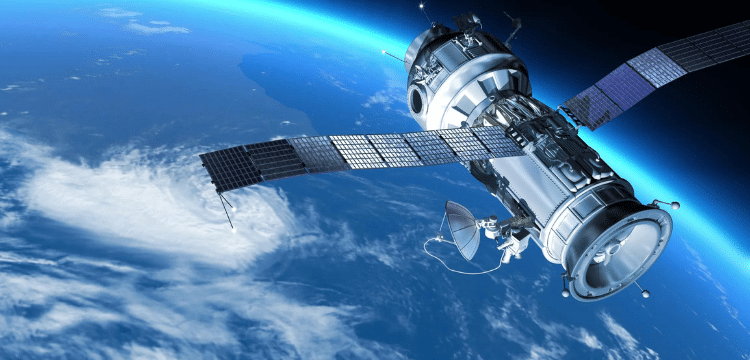Pakistan’s second communication satellite, Paksat MM1, is set to launch this Thursday, marking a significant advancement in the nation’s space and communication technology. This cutting-edge satellite, developed by Pakistani scientists and engineers, represents a major leap towards enhancing internet connectivity nationwide.
The Space and Upper Atmosphere Research Commission (Suparco) spearheaded this ambitious project, aiming to provide reliable internet services throughout Pakistan. The launch of Paksat MM1 is expected to transform this vision into reality, significantly improving the country’s digital infrastructure.
Read more: Pakistan To Launch ‘PAKSAT MM1’ Satellite On May 30
Paksat MM1 is designed to boost communication capabilities, ensuring widespread internet coverage, especially in remote and underserved areas where access has been limited. By bridging this digital divide, Suparco aims to promote greater socio-economic development and digital inclusion.
On May 11, Pakistan announced plans for the new satellite launch, following the successful deployment of the iCube Qamar satellite. The MM1 was scheduled for a May 30 launch from Islamabad, as confirmed by a Suparco spokesperson.
The primary goal of the MM1 satellite is to strengthen Pakistan’s communication infrastructure, meeting the growing demands of the telecom sector. With the rapid increase in internet usage and the upcoming rollout of 5G technology, the MM1 satellite is expected to ensure better availability and reliability of these services across the country. Its advanced capabilities are anticipated to address the rising need for high-speed internet and seamless connectivity.
Earlier, on May 3, Pakistan launched its first mission to the moon with Chinese assistance from China’s Hainan Space Site. This satellite, weighing about 7kg, was developed by the Electrical Engineering Department of the Institute of Space Technology (IST) in Islamabad over two years.











